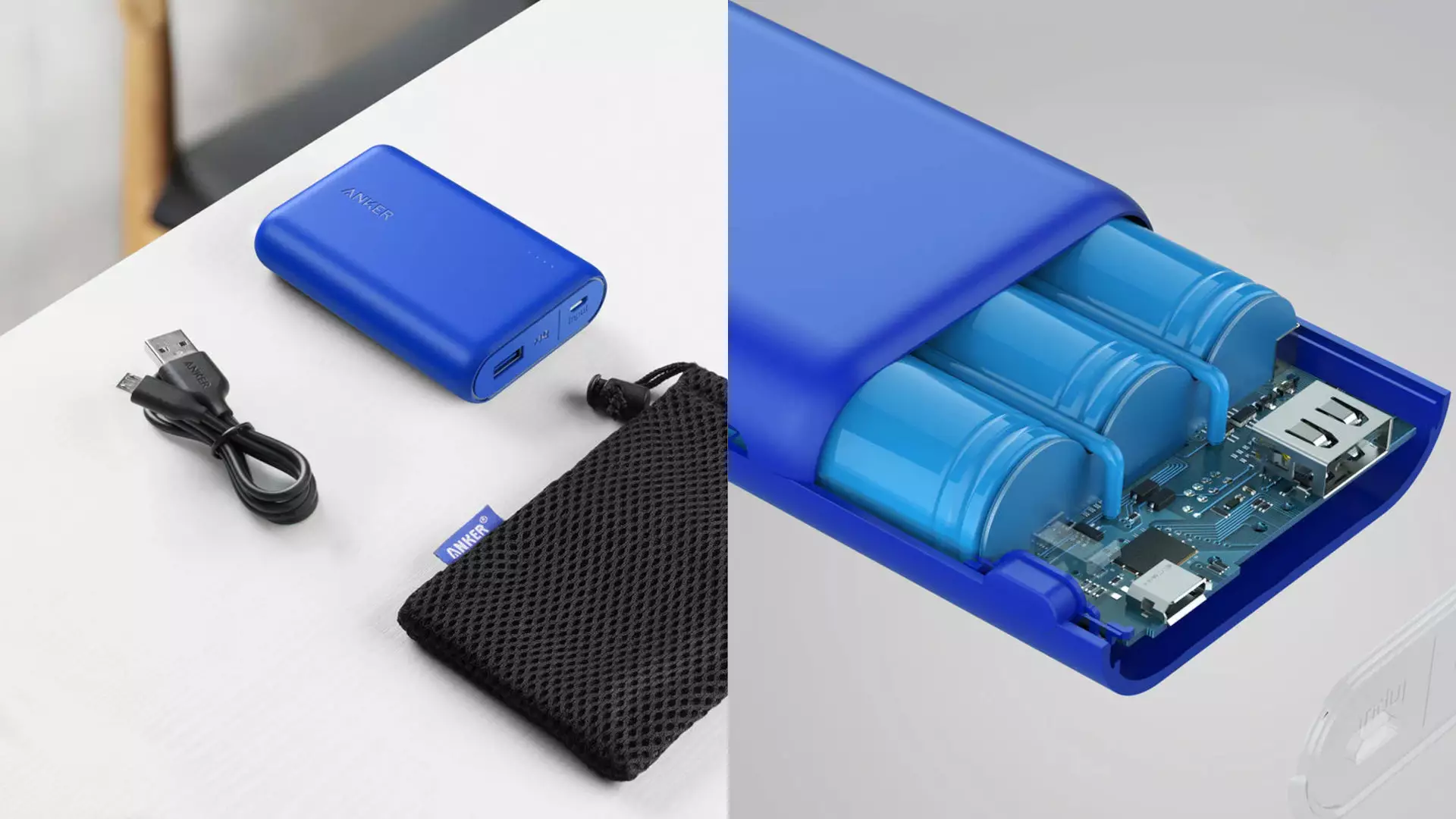Lithium-ion batteries have revolutionized the way we live, work, and play. From smartphones to laptops, and increasingly, portable power banks, these compact energy sources empower us with mobility and convenience. Their high energy density and long lifespan make them the go-to choice for modern electronics. However, this technological marvel carries latent risks that are often overlooked amid our reliance on these devices. When functioning properly, lithium-ion batteries are seemingly harmless, but beneath their sleek exterior lies a potential hazard that demands cautious attention.
Their widespread adoption has unfortunately been matched by a series of safety concerns. Despite rigorous manufacturing standards, defects related to battery chemistry or production flaws can lead to catastrophic failures. As recent recalls from industry leaders like Anker have revealed, even reputable companies are not immune to such issues. These incidents underscore that, while lithium-ion batteries are indispensable, they require respect, proper handling, and prompt action if problems arise.
Failures That Can Turn Dangerous
The recent voluntary recalls issued by Anker exemplify the fragile nature of lithium-ion batteries. The company identified specific production runs of five power bank models that might harbor defective cells sourced from a single vendor. Although the overall risk seems contained, the potential consequences are severe. Overheating, swelling, or fires can occur unexpectedly, triggered by manufacturing flaws, damage, or improper use.
In some cases, the defective batteries have caused fires or minor burns, instances that serve as stark reminders of what is at stake. The danger is not just theoretical; thermal runaway—a process where a small failure rapidly escalates—can lead to plastics melting or worse, uncontrolled fires. The fact that lithium-ion battery fires are notoriously difficult to extinguish adds to the urgency of heedful handling. It’s a stark reality that millions of these devices are in daily use, and a failure in just a small percentage can have grave consequences.
Proactive Measures for Safety and Responsible Disposal
The recall process isn’t just about returning products; it reflects a larger concern—how consumers manage legacy or potentially unsafe batteries. If your power bank falls within Anker’s recall, the appropriate action is clear: follow the manufacturer’s instructions to replace the device or receive a refund. Ignoring such notices endangers not only personal safety but also the safety of those around you.
Disposal of lithium-ion batteries must be undertaken responsibly. They are classified as hazardous waste in most jurisdictions, and improper disposal can result in environmental harm or fire hazards. Disposing of these batteries in regular trash is not just irresponsible but potentially illegal. Instead, consult local authorities or recycling centers equipped to handle hazardous waste. Proper disposal prevents accidents that could happen during landfill processing or transport. It’s a collective responsibility to ensure these batteries are handled with the respect their chemistry demands.
The Industry’s Ongoing Challenge with Battery Safety
The safety issues surrounding lithium-ion batteries are not isolated incidents. Anker’s past recalls of portable speakers due to overheating incidents reveal a broader industry challenge: maintaining safety standards in a rapidly expanding market. These problems highlight the need for continuous scrutiny and innovation to improve battery chemistry and manufacturing processes.
While technological advancements have made lithium-ion batteries safer over time, complacency is dangerous. Users must stay informed about recalls, product warnings, and safe usage practices. Manufacturers, on their part, need to prioritize transparency and rigorous testing to prevent future failures. The recurring nature of these safety concerns raises an uncomfortable truth: despite technological progress, battery safety remains an ongoing battle that levels the playing field for users and producers alike.
Empowering Consumers in a Lithium-Driven World
Ultimately, vigilance is vital when it comes to devices powered by lithium-ion cells. Consumers must educate themselves about potential hazards, monitor for recalls, and handle batteries with care. The recent Anker recall serves as a wake-up call—no device is entirely risk-free, but informed action can mitigate dangers.
As our dependency on portable energy sources grows, so does our responsibility to manage them safely. Recognizing the signs of battery malfunction, understanding proper disposal procedures, and staying updated on product recalls are crucial steps in safeguarding ourselves, our families, and our environment. Lithium-ion batteries are powerful allies, but only if we respect their limits and potential hazards.

